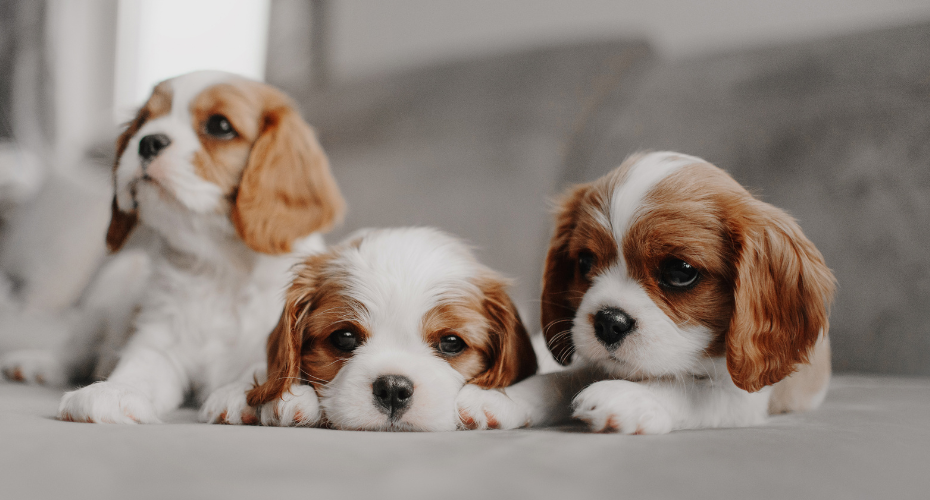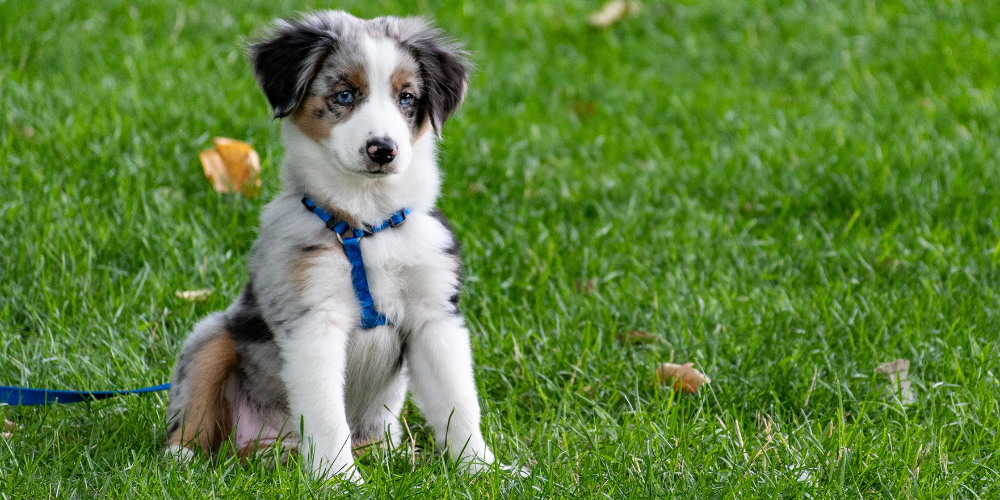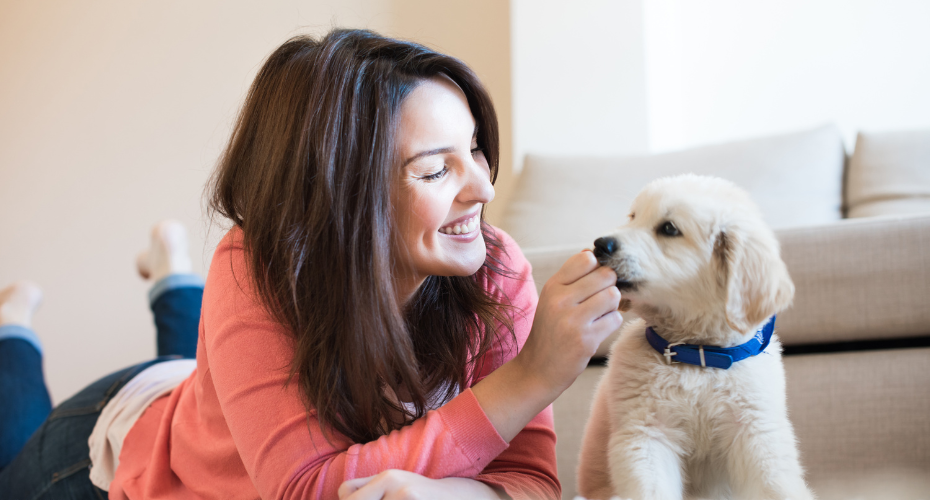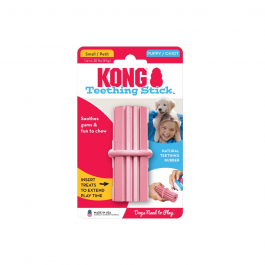
The Ultimate New Puppy Checklist: Essentials for New Owners
If you're a parent, at some point, you have heard or will hear your child ask the famous line, “I want a puppy.” To ensure that the puppy is not just a Christmas novelty, check out this new puppy checklist. It offers a quick look at some puppy-related essentials for new owners.
Dog Collar and Lead
You will surely want to show off your new pooch and keep it well exercised, so walking your dog is essential. The collar should fit properly but allow room for your ever-growing pup, while the lead stops your exuberant ball of energy from running amok or getting lost.
- Collar: Look for adjustable collars that can grow with your puppy. Materials like nylon and leather are durable, but ensure the collar is not too tight—two fingers should fit comfortably between the collar and your puppy's neck.
- Lead: A standard leash is great for training and everyday walks. For more freedom during walks, consider a retractable leash, but use it with caution as it can sometimes encourage pulling.
Food and Drink for Your Puppy
Your new puppy will need something to eat and drink out of, so a dog food and water bowl will be near the top of your doggy shopping list. Avoid plastic bowls as they can be mistaken for toys and chewed until they are unusable.
- Food Bowl: Choose stainless steel or ceramic bowls as they are more durable and easier to clean. Some bowls are designed to slow down fast eaters, which can be beneficial for puppies prone to gulping their food.
- Water Bowl: Ensure your puppy always has access to fresh water. Automatic water dispensers or fountains can help keep the water clean and encourage your puppy to drink more.
What Makes a Good Dog Cage or Bed?
After a hard day’s work, you like nothing more than to lie down on a comfortable bed, and it is much the same for your puppy, if you replace work with hours of fun. A four-poster bed is not necessary, but a simple, comfy dog bed will make your pooch happy.
- Dog Bed: Choose a bed with a washable cover for easy cleaning. Orthopedic beds can provide additional support for growing puppies.
- Dog Cage: A crate can serve as a safe space for your puppy when you are not around. Ensure the crate is large enough for your puppy to stand, turn around, and lie down comfortably. Consider a crate with a divider panel so it can grow with your puppy.
Good Dog Toys and Treats
A puppy loves to play, and play, and play. Help with the fun by getting your cute dog some toys to play with. Toys serve a practical purpose, too—if your puppy has no toy to chew, it will likely be chewing your bed or sofa.
- Toys: Look for a variety of toys, including chew toys, interactive toys, and plush toys. Each type serves a different purpose and can keep your puppy entertained in different ways.
- Treats: Use treats for training and rewarding good behavior. Dental treats can help keep your puppy’s teeth clean. Always choose treats that are appropriate for your puppy’s age and size.
Importance of Dog Identification
"Hello, my name is…" is not something you can expect to hear your puppy say, so how does it manage if the worst happens and it gets lost? An identification tag will allow your dog to be located and identified.
- ID Tag: Ensure your puppy’s collar has an ID tag with your contact information.
- Microchipping: Consider having your puppy microchipped. It’s a simple, quick procedure that can greatly increase the chances of being reunited with your puppy if they get lost.
Essentials for Dog Owners
You can expect your puppy to get fleas at some point, so a flea comb is an essential tool for weeding out these pests. For thorough flea protection, try Simparica Trio, which offers various strengths.
- Flea and Tick Prevention: Besides a flea comb, use a veterinarian-recommended flea and tick preventative. There are oral, topical, and collar options, each with different benefits.
- Reading Material: Familiarising yourself with your new pet is crucial. Books on puppy training, breed-specific care, and general dog behavior can be very helpful. Online resources and forums can also provide support and advice.
Grooming Essentials
Regular grooming is essential for keeping your puppy healthy and happy.
- Brushes and Combs: Depending on your puppy’s coat type, you may need different grooming tools. A slicker brush is good for most coat types, while a de-shedding tool can help with heavy shedders.
- Shampoo: Use a puppy-specific shampoo that is gentle on their skin and coat. Avoid using human shampoo as it can be too harsh for their skin.
- Nail Clippers: Keep your puppy’s nails trimmed to prevent discomfort and injury. Introduce nail clipping gradually to get your puppy used to the process.
Training Essentials
Training is an important part of raising a well-behaved puppy.
- Training Treats: Small, soft treats work well for training sessions as they are easy to eat quickly.
- Training Pads: Puppy training pads can help with housebreaking. Look for pads with attractant scents to encourage your puppy to use them.
- Clicker: A clicker can be a useful tool for positive reinforcement training.


